Wellbeing
Fiona, Elizabeth, Summer, Michelle

Wellbeing
Fiona, Elizabeth, Summer, Michelle
As the mid-point of the school year, Term 3 can be one of the most challenging times for senior secondary school students. In 2022, Resilient Youth Australia conducted a comprehensive survey on the well-being of 91,369 students from 600 communities across Australia, and the findings indicate a clear trend of decreased energy and motivation during this term.
The challenges and difficulties associated with Term 3 can be attributed to several factors:
To address these challenges it's essential for parents, and school communities to promote a positive and nurturing environment. Strategies such as providing study support, encouraging open communication, promoting self-care, and acknowledging the students' efforts and accomplishments can help alleviate stress and maintain their motivation throughout the term.
The Wellbeing Team is having many conversations with students about managing decision fatigue, declining motivation, and addressing individual stressors.
There are several tips to help manage this anxiety that parents/guardians may find useful:
If you would like further information or referrals as how to best support your young person at this time, please don’t hesitate to reach out to the Wellbeing Team at wellbeing@sssc.vic.edu.au
organised by SWAG (the Student Wellbeing Advisory Group)
The Wellbeing team have been supported by a dedicated group of students this year who have decided to call themselves SWAG (Student Wellbeing Advisory Group). These students have been central in advocating on behalf of their peers for a number of initiatives to support student wellbeing, including the first ever “Swinny Wellness Day”. Enna Sung, Year 12 and a member of SWAG reports on her experiences in the lead up to and on the day, Enna Sung, Year 12
On Thursday 10th August, the Student Wellness Advisory Group (SWAG) held its first “Wellness Day” at Swinburne Secondary. This initiative was taken as an effort to raise awareness and funds for suicide prevention as well as creating a safe environment at school that focuses on positive mental health and having empathy and compassion towards those who are struggling.
It began with a simple idea. What mental health issues in society needed to be highlighted?
The planning was a long process. It began all the way back in term one, this was when ideas were tossed around and by the end of the term the rough details of the day became clear as well as the members attending meetings became the consistent few. In term two, the finer details were hashed out and by the beginning of term three, everything from the lunch time activities and the workshops were almost ready. The week leading up to the event was a flurry of activities, especially on the Wednesday prior and the day of the event where the SWAG team set everything up hoping for a wonderful day. Throughout the entire process, student involvement remained at the forefront of the group’s decisions.
The Day itself was a success, busy for those involved in SWAG but a joyful time for the student body. Fourteen workshops were held during extended mentor, while only one focused on suicide prevention the others involved cookie baking, henna, poetry, etc. The workshops were a way to learn or to relieve stress during one of the most intense and difficult parts of the school year especially for year twelves. While the creative workshops provided a comfortable space to work in, the suicide prevention workshop was run by the well-being team who meticulously focused on creating a space that was educative yet safe. Although most people did not directly learn more about suicide prevention, we hope this event has planted a seed in the minds of young people that though this is an intimidating topic, it is important one and we should check in on our loved ones as we never know what’s going on behind closed doors.
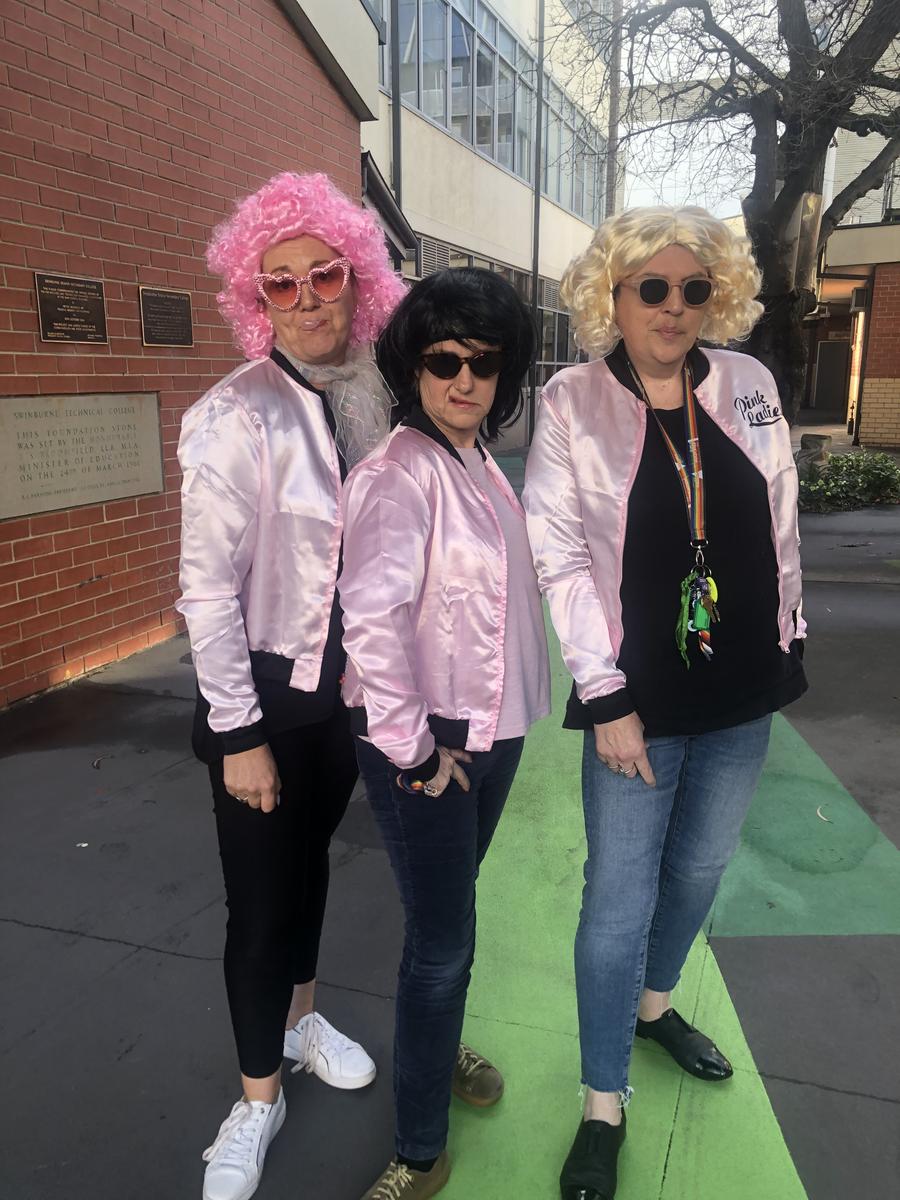
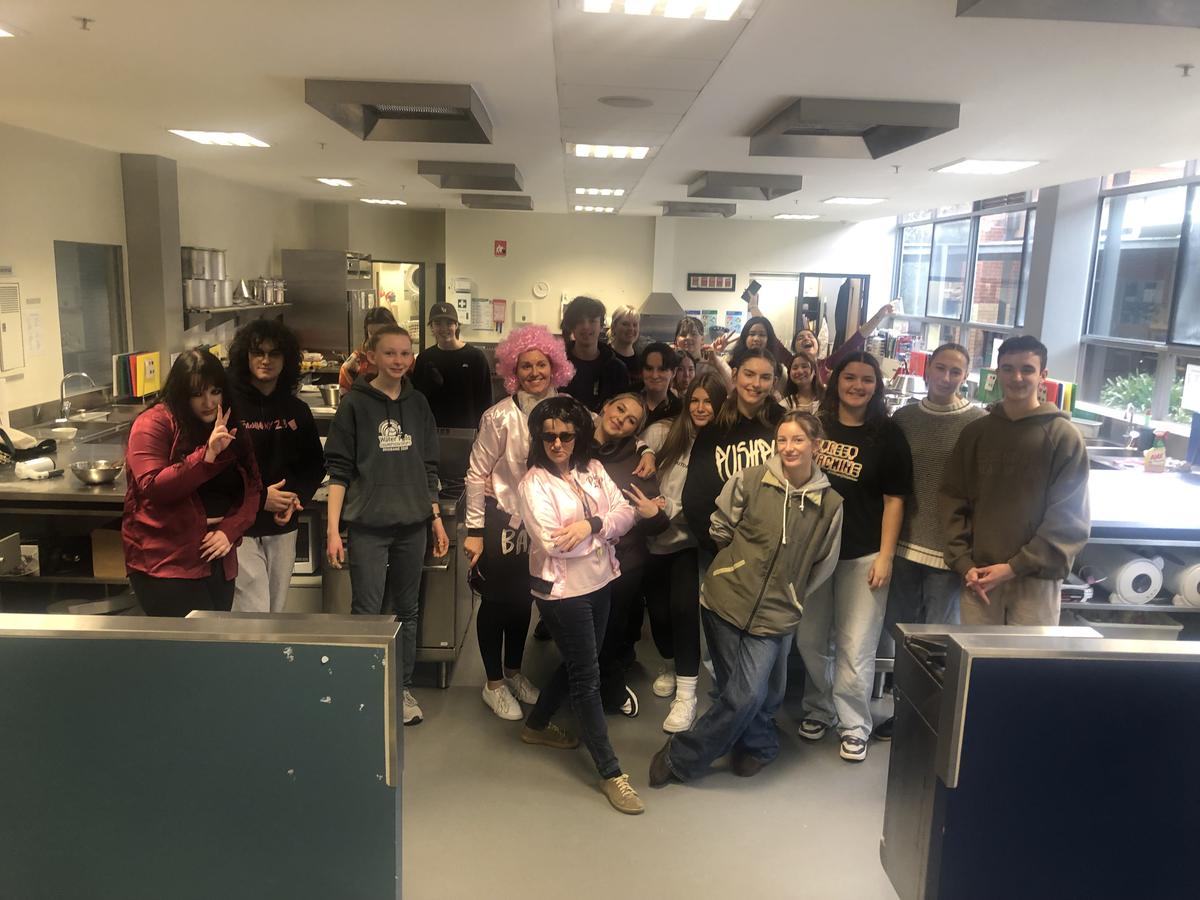
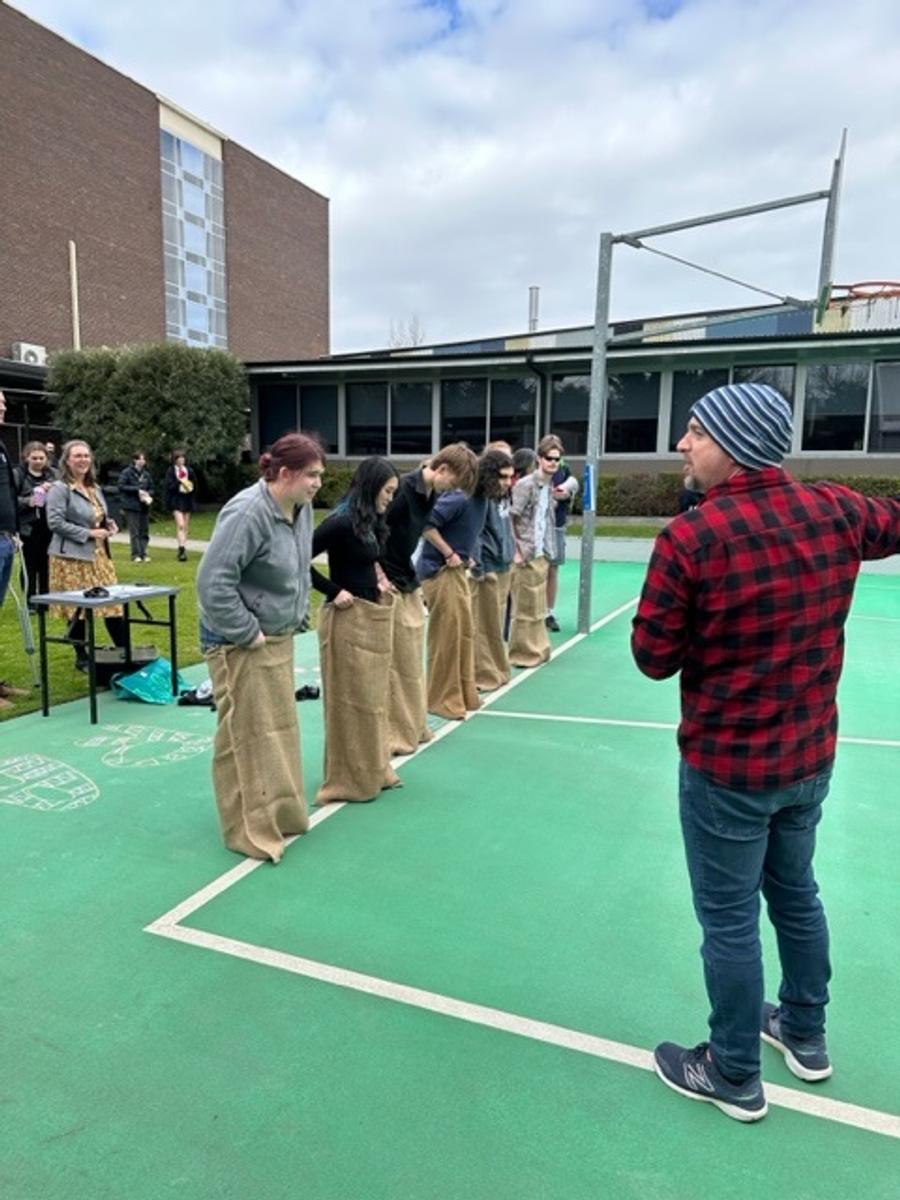
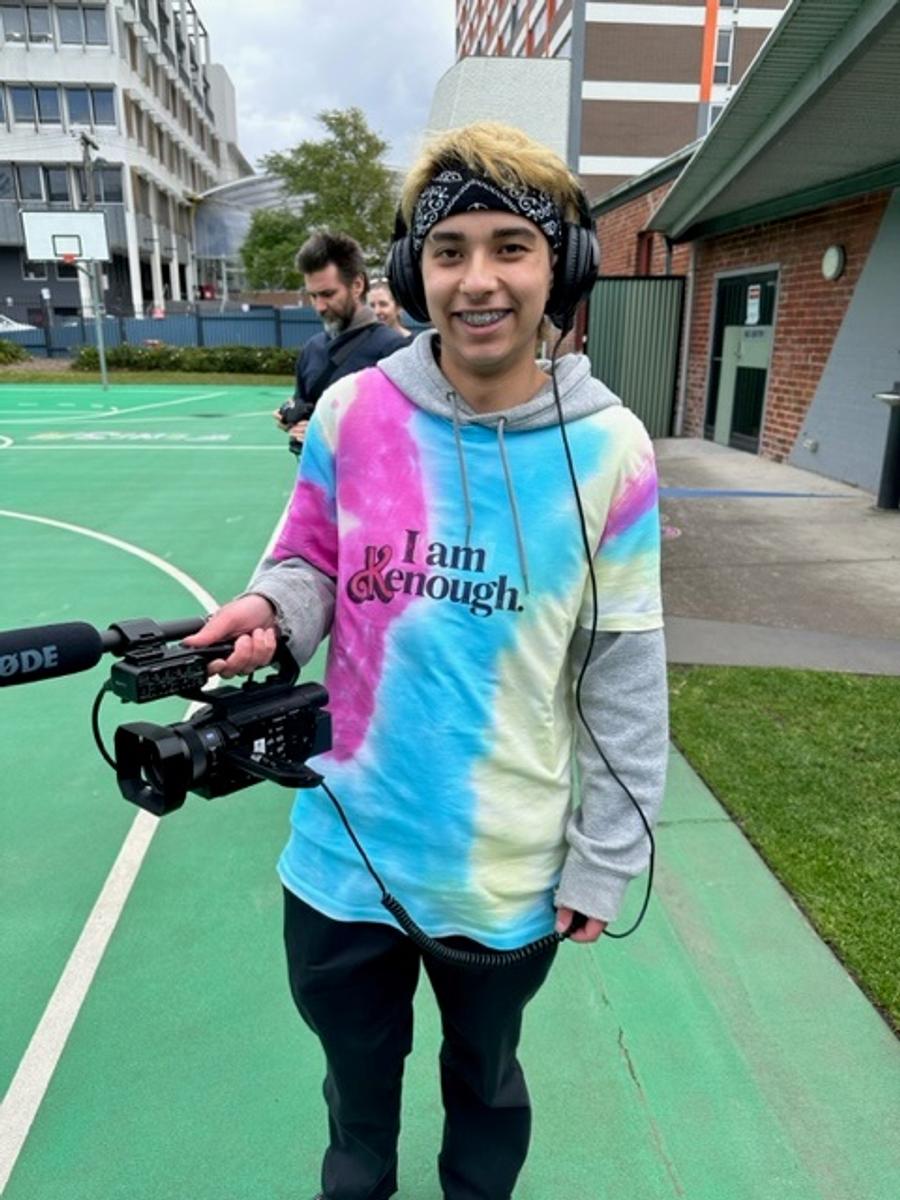
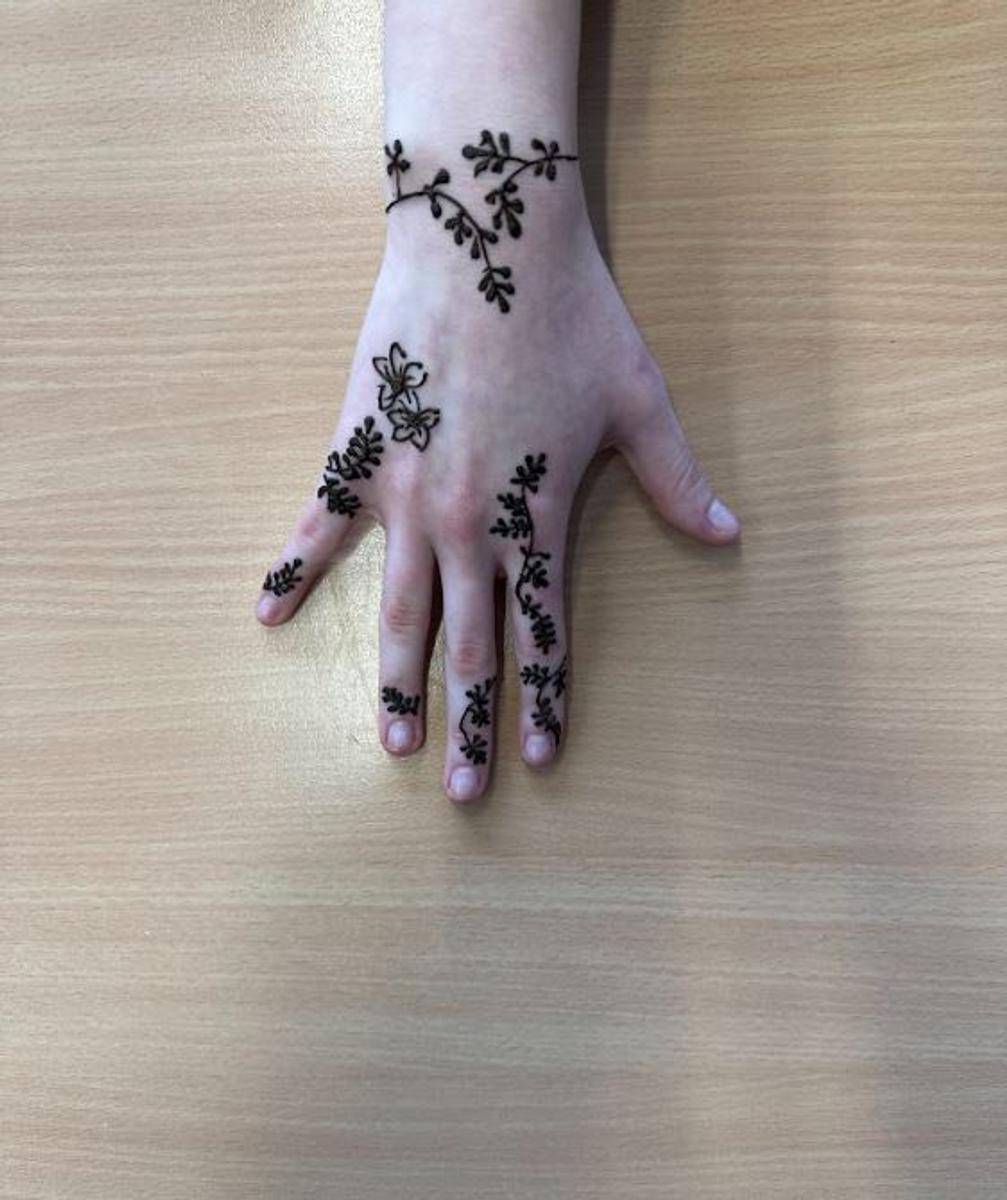
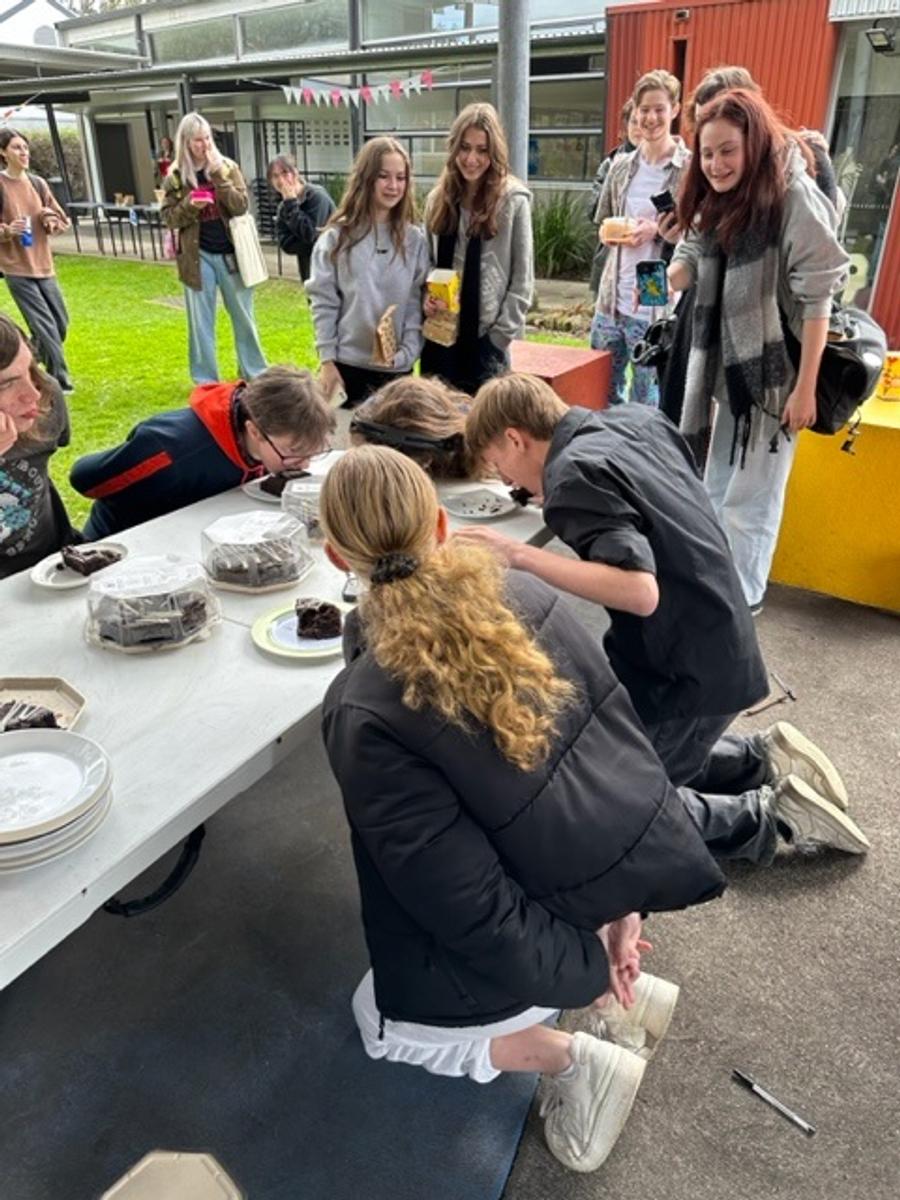
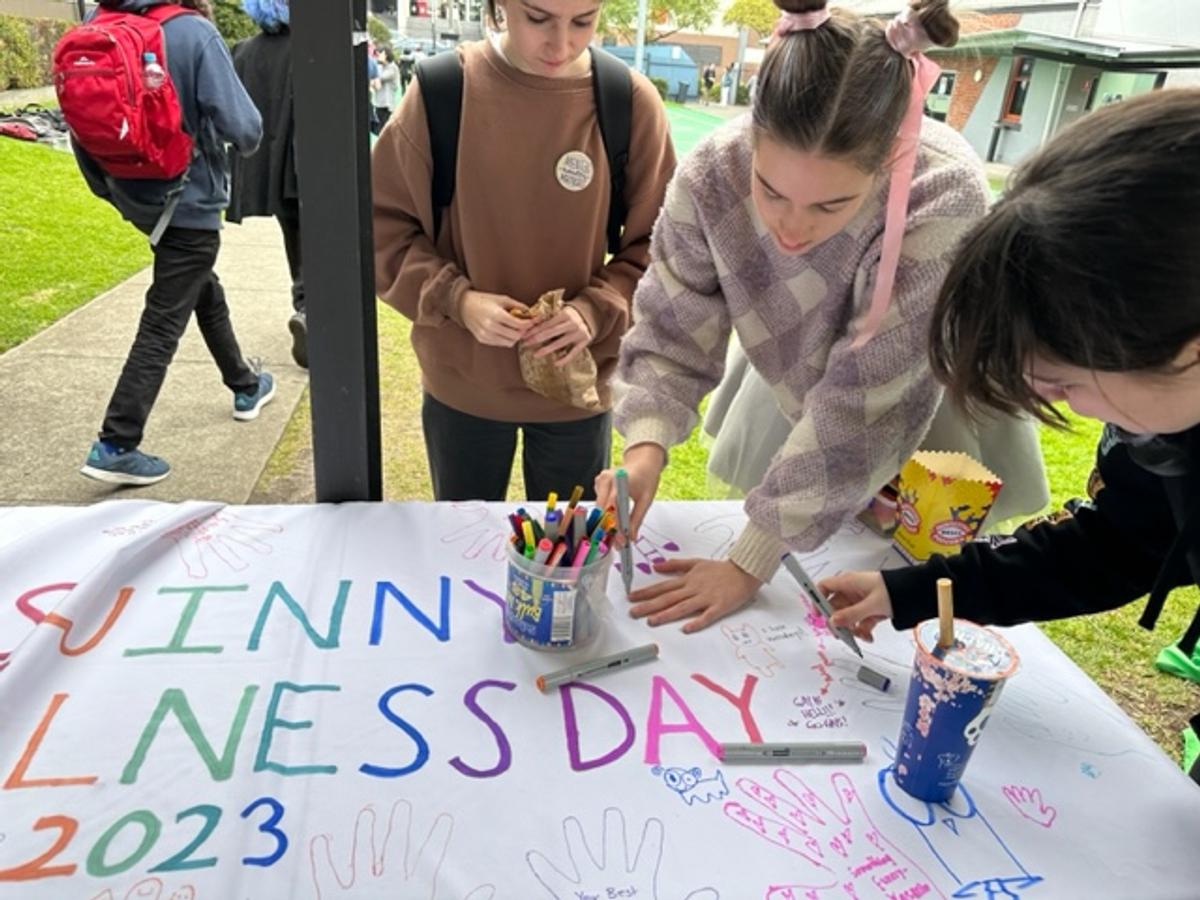
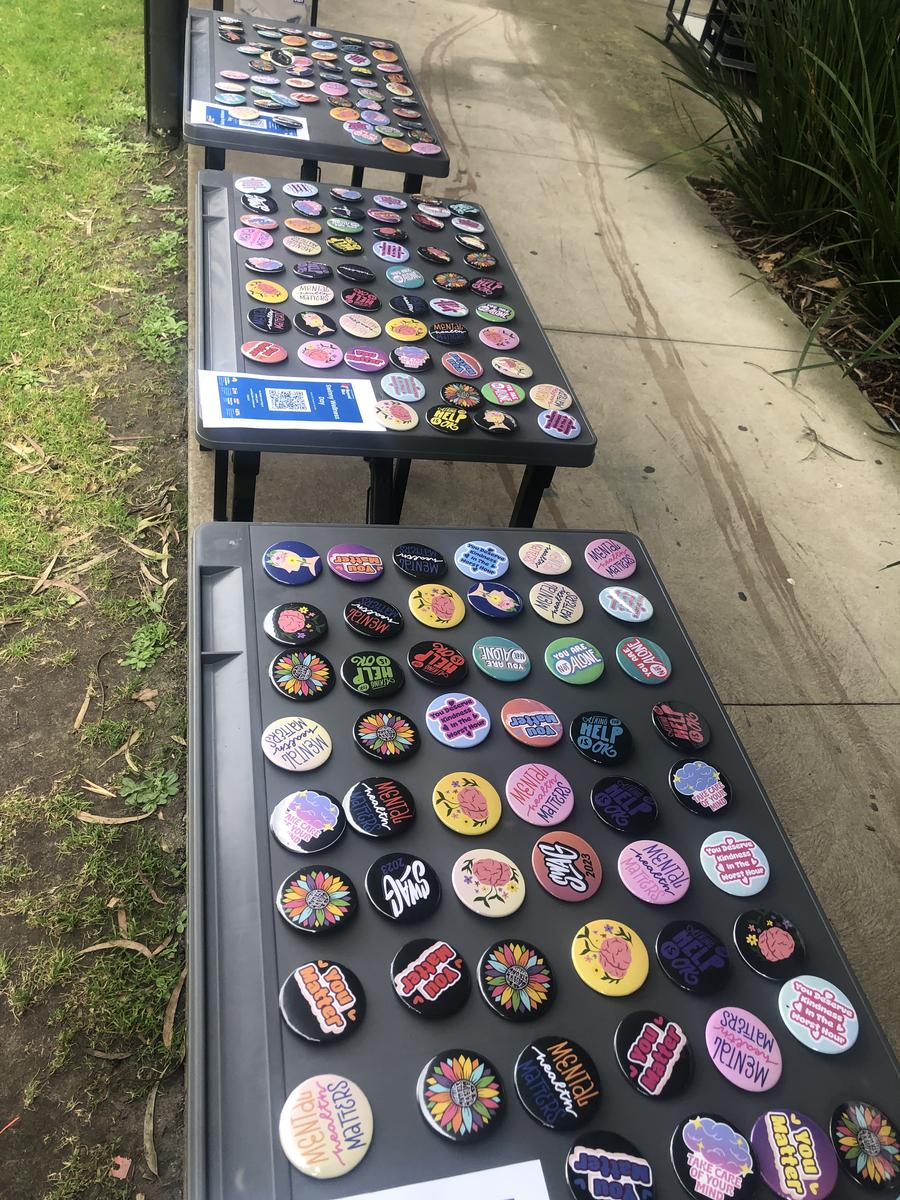
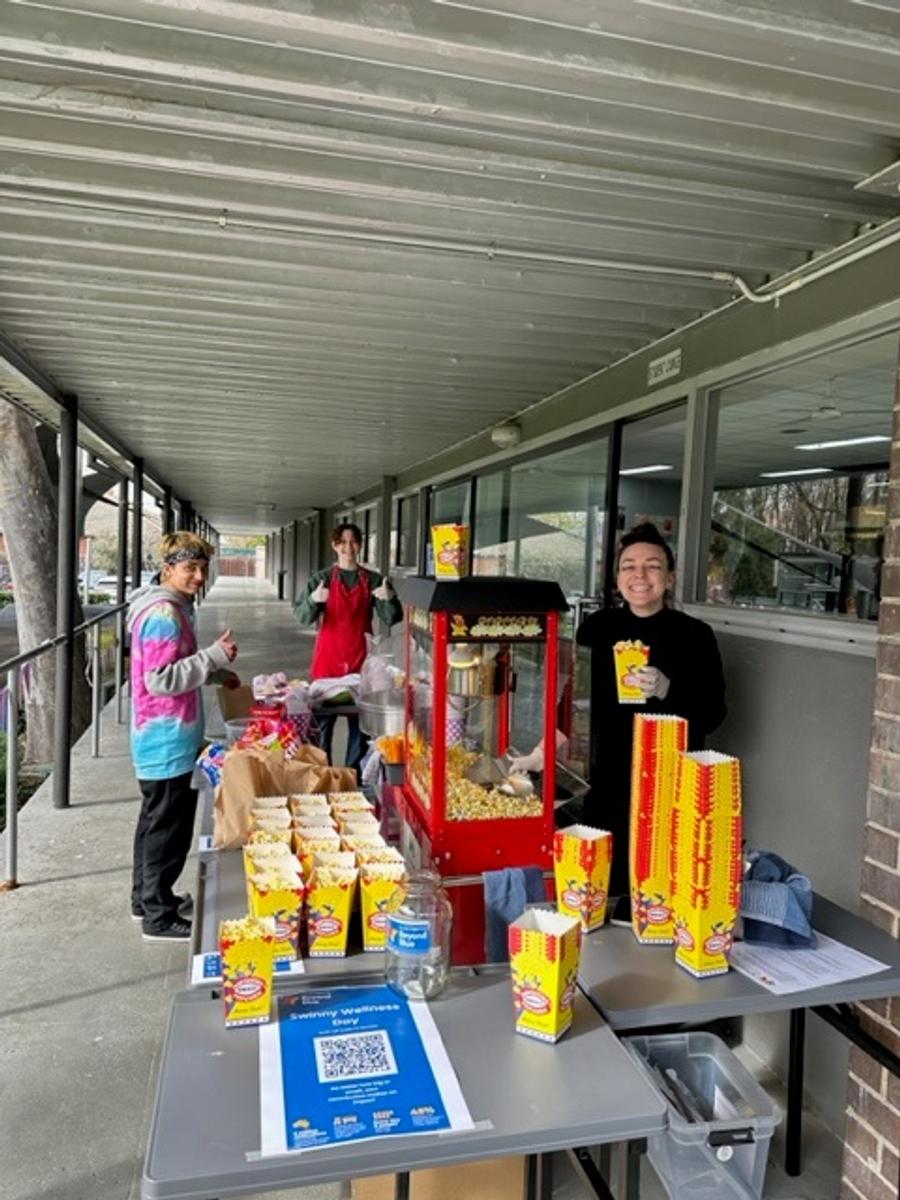

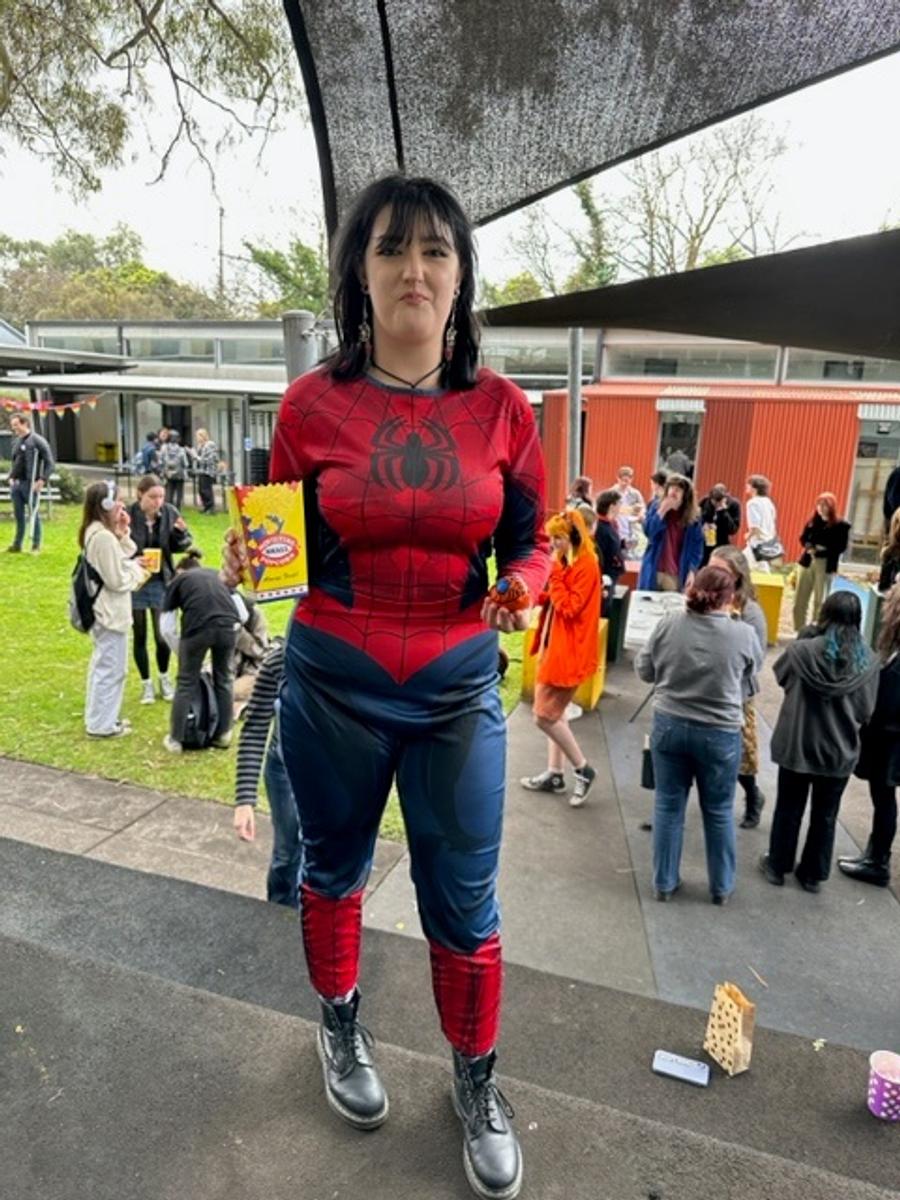
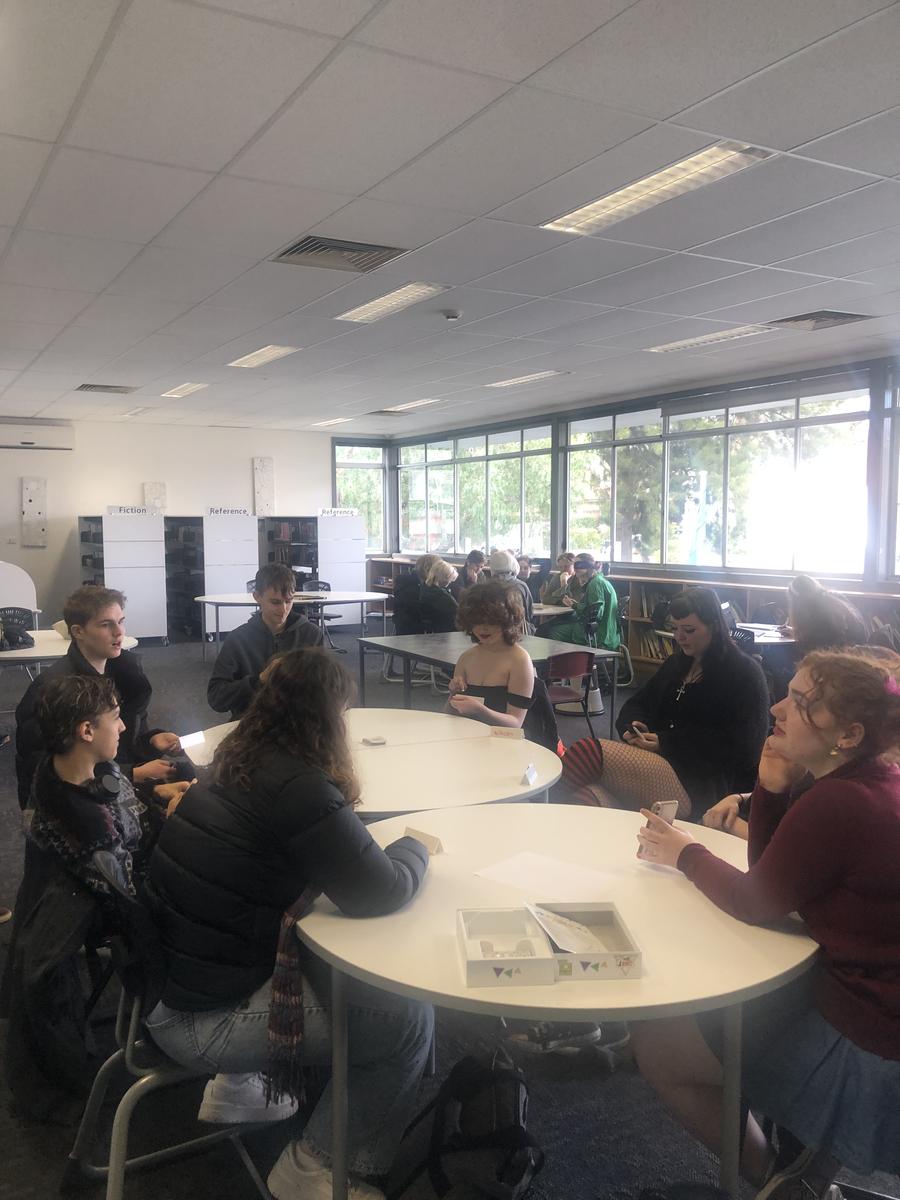












Elizabeth Reardon,
Leader of Wellbeing on behalf of the Wellbeing Team.
Finishing secondary school is an important life achievement and change for all students. Regardless of personal success and circumstances it is helpful to realise that enrolling in a tertiary education setting is new and different for every student. Everyone needs support in some way, that’s why institutions offer extensive orientation programs for all new students. For students whose brain’s work differently from the “neuro typical” person the need for transitional supports can be a little more complex and therefore may need additional planning.
While this information is general and aimed to specifically support neuro diverse students, some of the material and strategies will assist with making post-secondary school transition easier for all students.
Specific tertiary institution policies and student support services contacts can be found on their websites or portals within the website.
WHAT CAN HELP?
There are a number of things that can be helpful and include the following:
E.g. What are the parking restrictions, which public transport route works best, if someone driving you where is the best pick up & drop off point?
E.g. library, tutorial rooms, lecture theatres, cafés etc.
These are experienced students who help you explore campus, connect you with support services, and provide you with advice about tertiary life.
ORIENTATION
Orientation is an important period for first time tertiary students. Although, it can feel quite stressful and overwhelming it's a great idea to attend to get familiar with the campus environment, student services, and to meet other students. It is highly recommended that you speak to someone from the student support unit before and, or during orientation about what they can do to help you succeed in your education. Check the institution’s website for more information on orientation events recommended that you speak to someone from the student support unit before or during orientation about what they can do to help you succeed in your education.
LIST OF USEFUL TERTIARY WORDS
Here are some words used at tertiary institutions. It will be very useful to learn these words because it will help you understand what other students and teachers are saying.
Campus: The grounds and buildings of a tertiary institution.
Faculty: An organisational division within a university (e.g. Faculty of Arts, Faculty of Science) covering a particular area of study.
Lecture: A lecture is a formal presentation by an academic staff member at university, usually to a large number of students. Lectures may include the use of handouts and audio-visual presentations. Opportunities for asking questions or discussing the material being presented are usually limited.
Tutorial: A tutorial is a learning opportunity in which students discuss the key topics, concepts, and ideas of the course with their tutors. Tutorials are closely linked to assessment and often involve small group discussions and group work. All students are expected to prepare for tutorials by reading required material and preparing questions and /or answers to questions. Students are also expected to participate in class discussions and small group activities. Tutorials often complement the lectures given for a course and usually run for one or two hours.
Course: Depending on the institution, course could mean one of two things: 1) the degree or diploma you are enrolled in or 2) another name for subject.
Contact hours or contact time: The number of hours per week a student spends in class (classes include tutorials, lectures, workshops, and practical sessions).


Fiona Keech – Adolescent Health Nurse
Wellbeing Team